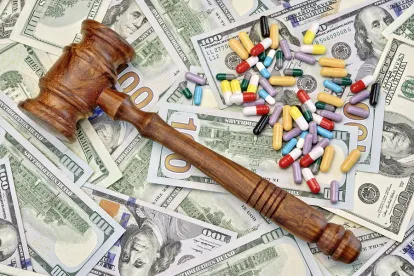In the most recent False Claims Act “State of the Union Address,” the Deputy Assistant Attorney General of the United States Department of Justice highlighted the importance of the False Claims Act as deterrence to cybersecurity breaches: “cybersecurity-related fraud is [an] area where we could see enhanced False Claims Act activity. With the growing threat of cyberattacks, federal agencies are increasingly focused on the importance of robust cybersecurity protections. Where such protections are a material requirement of payment or participation under a government program or contract, the knowing failure to include such protections could give rise to False Claims Act liability.”
Whistleblowers are vital to keeping Americans safe from cybersecurity attacks, and cybersecurity fraud and crime. According to one estimate, the United States spends more than $19 Billion in taxpayer money on cybersecurity, including under lucrative government contracts and for increased security involving electronic health records. For example, the United States contracts with numerous information and operation technology businesses.
Not surprisingly, to help the Justice Department ferret out fraud, the same official remarked, “Undoubtedly, the Department of Justice will continue to rely heavily on whistleblowers to help root out the misuse and abuse of taxpayer funds.” Whistleblowers who are knowledgeable about kickback schemes in government contracting and electronic health records, security breaches in violation of contractual requirements, or the compromising of confidential health-protected information of patients, should report these breaches.
On the heels of the Justice Department observations, President Joseph Biden issued an Executive Order on “Improving the Nation’s Cybersecurity,” with the stated policy of prioritizing, preventing, detecting, assessing, and remediating cyber events, as necessary to our nation’s safety and economic well-being.
As a result of the President’s priority, False Claims Act scrutiny is likely to increase as private developers, funded by taxpayers, provide digital infrastructure to create enhanced national cybersecurity systems. The Executive Order is driven, in part, by the recent hack to SolarWinds Corp.’s software that that jeopardized the networks of several federal agencies coupled with the ransomware attack on a major fuel supply pipeline. President Biden has asked Congress to earmark at least $1.3 Billion toward cybersecurity measures. The False Claims Act can and will act as a safeguard to ensure that these federal taxpayer dollars are properly spent for their intended purposes.
Under the whistleblower (qui tam) provisions of the False Claims Act, private parties known as “relators” can sue on behalf of the government for false claims and may receive a 15% to 25% of the settlement amount paid to the government. Whistleblowers are protected against retaliation under the whistleblower provisions of the False Claims Act.




 />i
/>i

